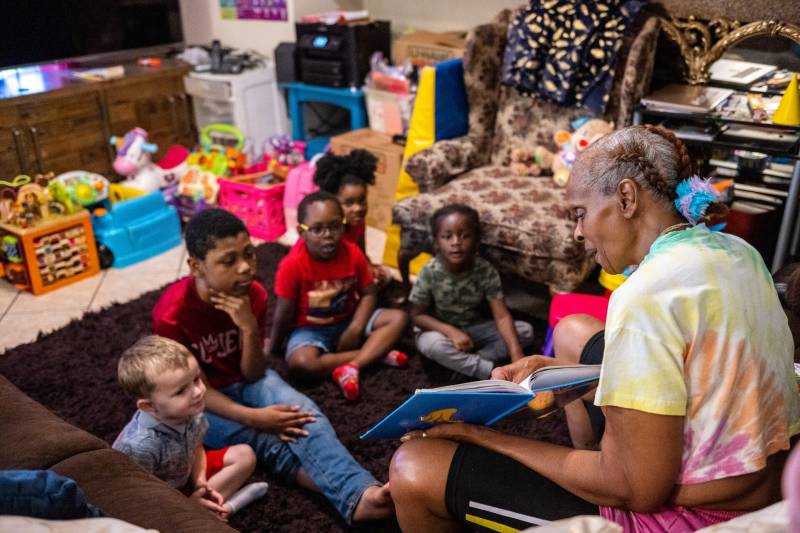California is one step closer to creating the nation’s first retirement fund for family child care providers after they overwhelmingly approved a new contract with the state, Child Care Providers United, the union representing 40,000 of these workers, announced late Monday.
The deal, which still needs to be approved by the Legislature and signed by Gov. Gavin Newsom this summer, would provide an $80 million retirement fund for an underpaid workforce that is dominated by women of color. This would make California the first of 11 states with family child care unions to offer such a plan.
“We’re exceedingly happy,” said Nancy Harvey, a 61-year-old family child care provider in West Oakland who helped negotiate the deal. “This is a historic moment for child care providers, not only here in California, but throughout the nation.”

